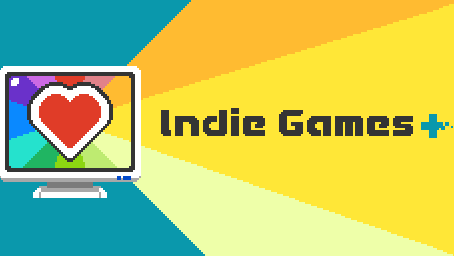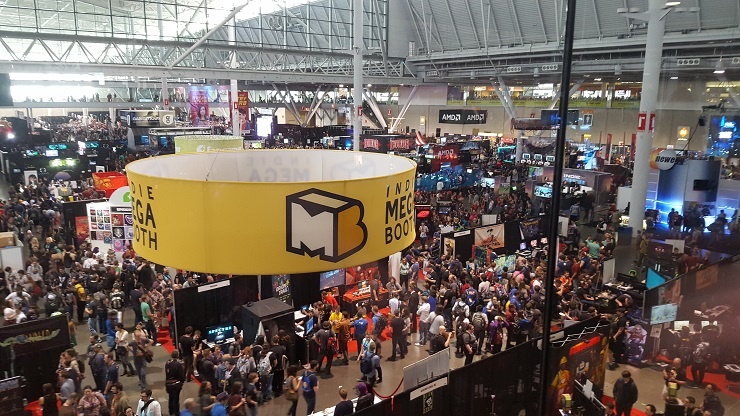Game conventions, with their thousands of attendees all hungry for new games, can be a great place to show off the title you’re working on. But what goes into planning and preparing for a convention?
How do you get eyes on your work with so many other games around? How do you simply survive talking and standing for three or four days straight?
Indie Games Plus reached out to a handful of developers to talk about their first convention experiences: what surprised them about showing their games at various shows; how they planned and set up their booth; and how they made the most of a stressful, but exciting experience.
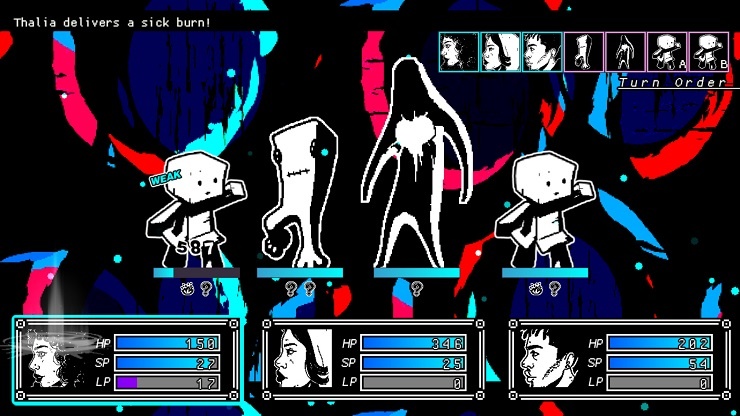
Starting Out
If you’re reading this article, you might be wondering what goes into a good booth. How do you research what you will need? What things should you be worried about?
“I read a lot of postmortems from other developers who showcased at conventions, namely PAX, MAGFest, etc. – despite being different events, most of the advice I received applied to practically any showcase,” says Davionne Gooden, developer of She Dreams Elsewhere, a surreal narrative game on dreams and their connections with reality.
A great deal of information can be contained in developer postmortems posted online (Gooden also wrote their own) that you can read to see what the experience was like. This can also help you narrow down experiences to games that are in a genre or style similar to your own with information more tailored to you specifically.
“TinyBuild also has a great write-up on best convention practices. I can’t find the document at the moment, but there’s also a ‘survival guide’ PDF floating somewhere around the internet; since I’m a solo dev, I didn’t really need most of it, but it’s definitely something beneficial for larger teams.”
Edwin Jack, director of combat farming game Cede, also suggested a few online resources that will help developers figure out what should go into their booths. “The first priority is the game and how it’s displayed. Every booth is different, so we had to figure out how to provide the best experience with the display we had. There are some sites that we looked at to help give us an idea of materials we would need, and this one also helped.”
Aenne Schumann, narrative designer for romantic visual novel Arcade Spirits, also found many useful online resources. “There are other really great written resources out there too for if you don’t have anyone to reach out. Here are a couple articles I read that really give you a good idea of what to expect: The Real Cost of Exhibiting at a Game Convention, Submitting, Preparing & Showcasing an Indie-Megabooth & PAX, Cooking and Serving: 5 Tips to Make the Most of PAX.”
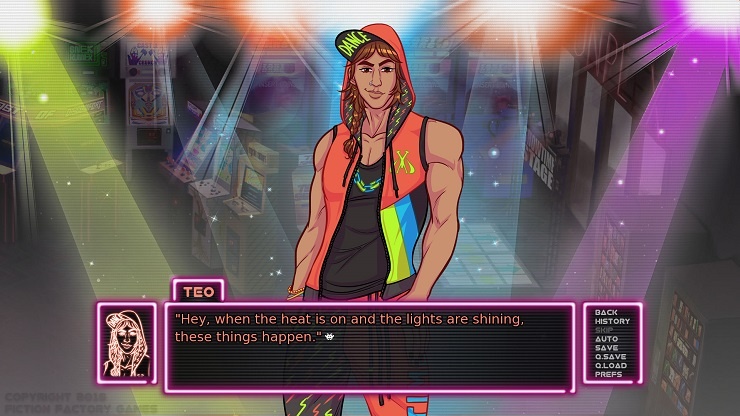
Some conventions can also handle aspects of planning your booth, taking some of the stress off of developers. “Indie Megabooth helped us a lot with this. They supplied all the gear for our first showing at a minibooth, which really softened our entry and gave us a great opportunity to scope out the setups at the big booths,” says Derek Johnson, Founder and Engineer on mining roguelike Undermine.
You may be seeing a pattern here in that your peers can offer a great deal of advice. “I had also gone to a few talks at local indie meetups about the dos and don’ts of a successful booth. And, of course, the internet is full of photos of booths so you can see what you like and don’t like,” Johnson continues.
Lina Skandalakis, Co-Founder of Macho Zero Productions, the developers behind Zer0 Inbox, a board game of competitive email clearing, had learned a great deal from working booths for other companies before tackling their own. “Luckily, we weren’t thrust head-first into our convention experiences when we started our own game. We both had worked conventions of one kind or another through our day jobs, so we were fortunate to have someone else more experienced to show us the ropes.”
Your fellow developers have a lot of advice to offer you from their own experiences. Whether it be through talks, postmortems, or helping you directly, they have the best knowledge about how to create a booth. “My friends were my greatest resources in planning a booth, too. They were able to guide me from their previous experiences, in a sense I was their padawan,” says Schumann.
Also, you’ve likely attended conventions on your own as well, and you can use that experience to help yourself out. “When I’ve gone to conventions (whether is be games, comics, nerd related), I’ve always taken note of what I liked, what booths are cool, and what I’ve enjoyed. Just going to these conventions and seeing everyone’s creative take was a great starting point for me.” says Schumann.
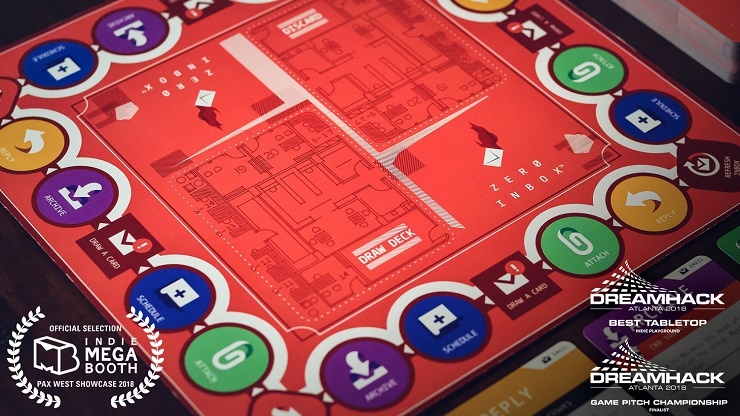
The First Time
While it may have been daunting to research what developers needed and what they would face as thousands of people milled about in the loud, busy show floor, many developers expressed that their first show was a positive experience.
“While showing at Dreamhack Austin was my first time showing Arcade Spirits, it wasn’t my first convention running a booth. I’ve helped with other games I’ve worked on, but this one, this one felt so much different. Sure, the other booths I ran was to help friends with their games. But Arcade Spirits is my baby – my first completed game – so there was a lot more emotion involved. Since I had never been to a Dreamhack before, I wasn’t exactly sure what to expect,” says Schumann.
“And overall… It went great! I couldn’t have been more pleased with the turnout. People were enjoying the Arcade Spirits demo, I met a ton of people, made a huge amount of friends that I’ll never forget, and it was a great experience. Honestly, Dreamhack was a perfect first convention to gear up for things in the future. We got to test the waters with our booth, and each time after that, we perfected it and tweaked things to make it even better,” she continues.
In some ways, the experiences can go far beyond simply getting more eyes on their projects. “Our first convention showing Zer0 Inbox was MomoCon 2018. It went pretty well. We started with a local conference so that it would be easier to manage with supplies and expenses. It was a valuable learning experience as we were able to gather excellent user feedback through playtesting that we were able to incorporate into later versions of the game,” says Skandalakis.
“We also used the weekend to determine how to pitch people the game. The message evolved based on visitor’s reactions to our comments, which helped hone our story and ultimately our brand,” they continued.
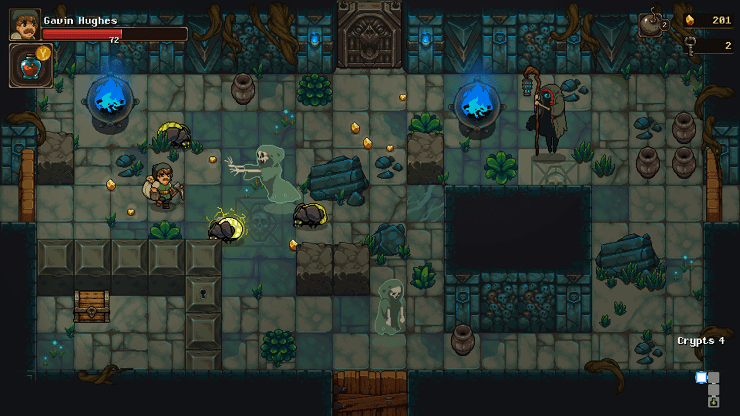
With so many potential players, you can be on getting some valuable playtesting done at conventions. “GDEX 2018 was my first time showcasing at a con,” says Gooden. “It was a fairly small, yet intimate venue, and I was able to go with my local game dev meetup group to further drive down costs. I wrote up another postmortem on that, but long story short: it went very well, I got a ton of valuable playtests in, but I also didn’t have the space (mainly due to sharing it with others), equipment, and pre-show awareness to make the most of it. And press was virtually non-existent there. I still had a great time and met a ton of great developers, though, so it was definitely worth it!”
If you’re solely approaching the show with the intention of getting a ton of people to play your game, that’s also very possible. “Our first show was a minibooth at the Indie Megabooth at PAX West last year,” says Johnson. “We had a small space with only a single screen to play on and almost no signage, but it was still a great experience. We had a line of people waiting to play the entire two days and many came back to play over and over again. The player reception of IMB was great – go to PAX if you want to stand in line, go to the IMB if you want to actually play something cool and chat with the devs.”
It’s also hard to understate just how good it can feel when the players you meet are telling you, in person, how much they like your game and booth. “It was amazing. We were very tight on resources, but we wanted to make our booth look unique and we did just that. A lot of people thought we were a triple A studio [a mid-sized or major studio with a big budget] just from the appearance of our booth, but we are just a small team of 5 people. Mad love from the gaming community!” says Jack.
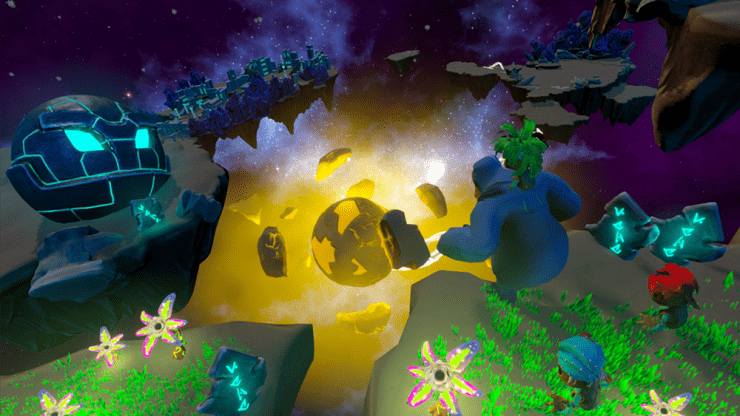
Please come back tomorrow for Part 2 – Surprises at the Show!
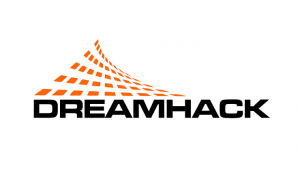 Dive headfirst into the exhibiting experience by joining the Indie Playground at DreamHack Dallas this June. Selected games will receive a free booth in the Expo at a festival that encompasses everything gamer life from esports, to indie games, to midnight horror films.
Dive headfirst into the exhibiting experience by joining the Indie Playground at DreamHack Dallas this June. Selected games will receive a free booth in the Expo at a festival that encompasses everything gamer life from esports, to indie games, to midnight horror films.
